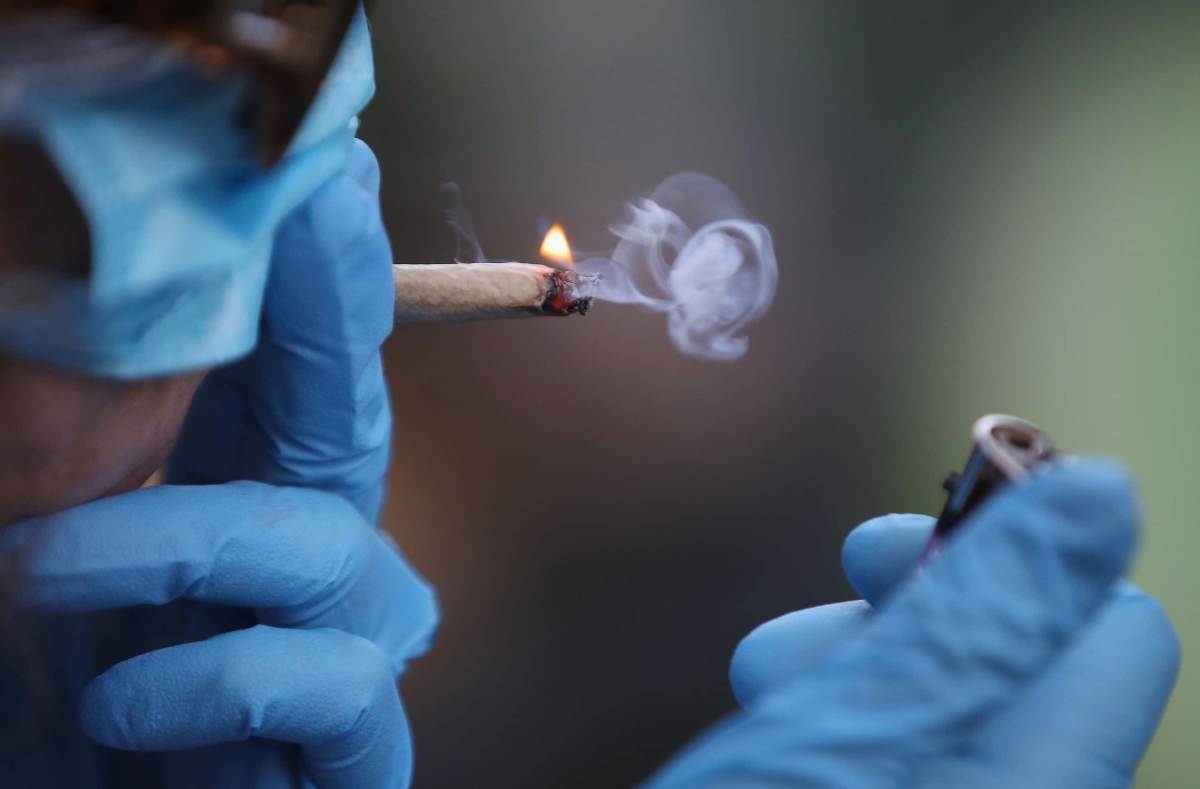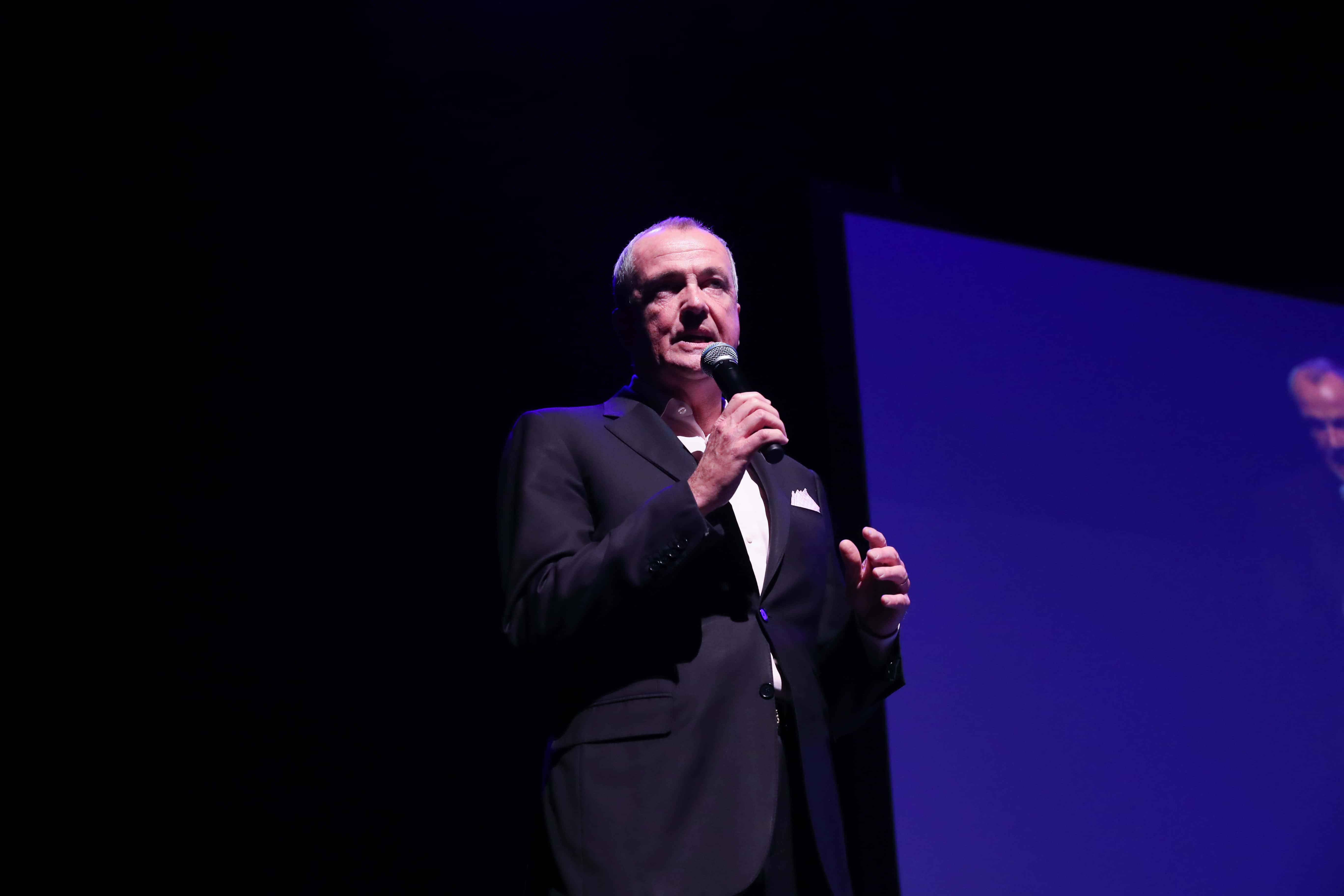Gov Phil Murphy legalizes recreational marijuana in New Jersey but cops filed 2,378 possession charges in Jan

On Monday, February 22, Marijuana became officially legal in New Jersey. Governor Phil Murphy signed three bills on Monday that legalize up to six ounces of recreational pot in the Garden State. This move comes after three years of failed legislative attempts -- Murphy had promised to legalize weed in his first 100 days as governor three years ago. Currently, the only other states on the East Coast to legalize weed are Maine, Vermont, and Massachusetts.
The governor signed the bills after both the Senate and Assembly held last-minute voting sessions Monday morning to pass a third bill establishing civil penalties for those under 21 caught with marijuana. The bill passed both chambers with only 20 minutes left for Murphy to act on the first two measures, NJ.com reported.
READ MORE

"New Jersey's broken, indefensible marijuana laws -- which permanently stained the records of many residents and short-circuited their futures, disproportionately hurt communities of color and failed the meaning of justice at every level, social or otherwise -- are no more," Murphy said in a press conference.
"In their place are laws that will usher in a new industry, based on equity, which will reinvest dollars into communities -- laws that promote both public health by promoting safe cannabis products and public safety by allowing law enforcement to focus their resources on serious crimes,” said Murphy. "And yes, we are fulfilling the will of the voters by allowing adults to use cannabis while having in place common-sense measures to deter its use among kids.”
Earlier this month, it was reported that police across New Jersey filed more than 6,000 charges for minor marijuana possession in the three months since 2.7 million voters said yes to legalizing weed in the Garden State. Police reportedly filed 2,378 charges for possessing less than 50 grams of marijuana during the month of January 2021. As per reports, while that was lower than the pre-election average of arresting 100 people a day, it was nonetheless higher than in November and December of 2020, when police across the state filed 2,125 charges and then 1,703 charges, respectively.

New Jerseyans voted two to one to legalize marijuana, but that didn’t overhaul prohibition immediately. Still, even after the vote, the legislature spent months duking it out over tax revenue, licensing rules, and what the penalties would be for people under 21 caught with marijuana.
Murphy acknowledged the fight took longer than anticipated. “This process may have had its fits and starts, but it is ending in the right place. And, I firmly believe, this process has ended in laws that will serve as a national model,” he said.
“Starting immediately, those who had been subject to an arrest for petty marijuana possession -- an arrest that may have kept them from a job or the opportunity to further their education -- will be able to get relief and move forward,” Murphy said.










